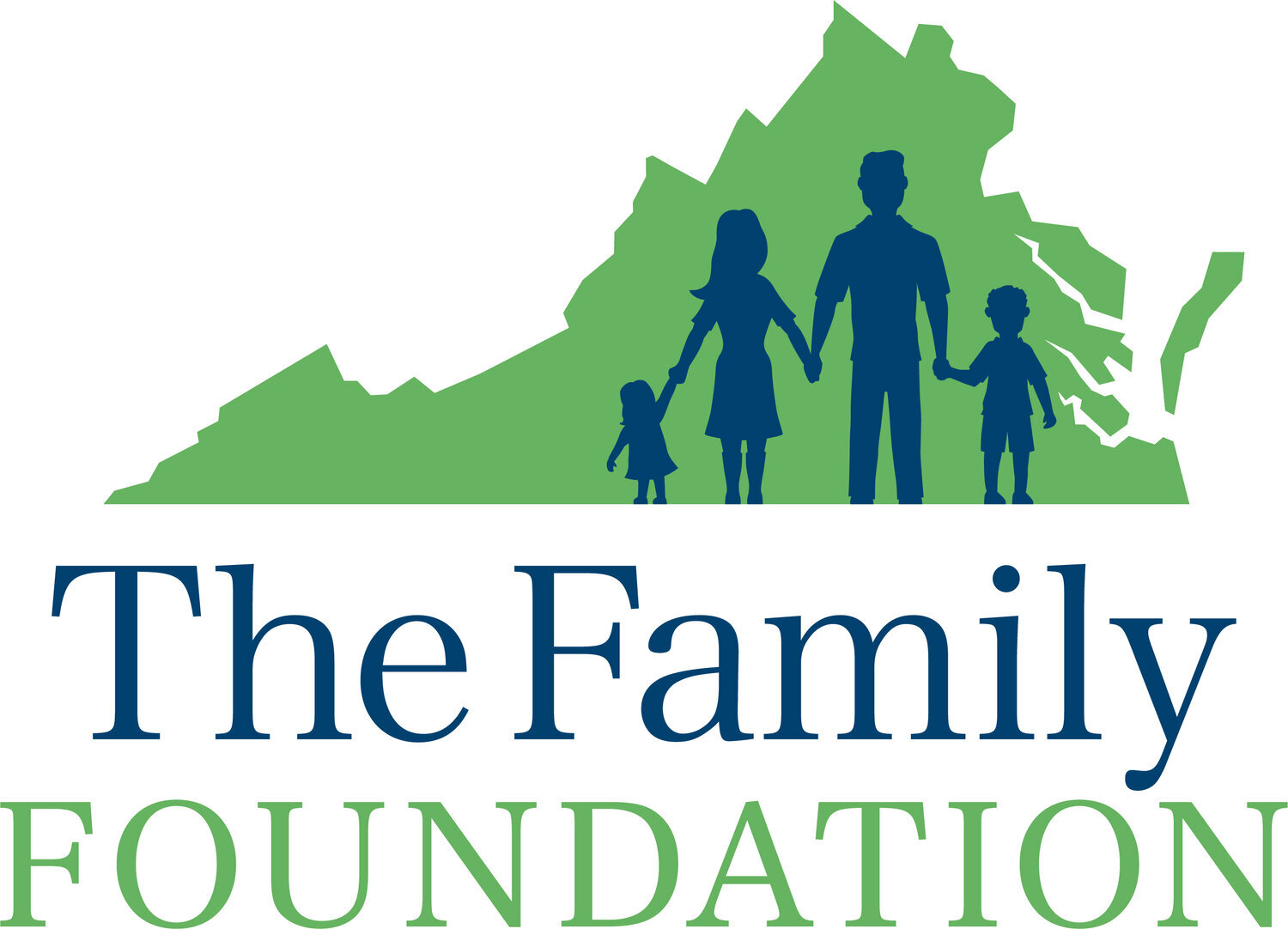2020 Legislative Summary Part 4: Will VA Remain #1 State for Business?
Last week, Virginia’s Secretary of Finance announced that there will be at least a $1 billion decrease in state revenues each year of Virginia’s two-year budget due to the impact of the Coronavirus on businesses. This creates a real problem for the legislature, which earlier this month passed a $135 billion budget that funds new government programs and imposes many new taxes on families. In this legislative summary, we discuss the new majority’s budget and some of the new taxes on hard working Virginians that are set to take effect July 1.
Budget passes despite concerns
Prophetic voices like Senator Steve Newman (R-Bedford) wisely urged the Senate to delay passage of the 2020-2022 budget until government officials understood the full magnitude the Coronavirus will have on Virginia’s economy. (Watch his 6 min floor speech HERE.) Senator Newman warned against rushing to pass the largest budget in Virginia’s history, with heavy new funding of government programs and pet projects as well as tax hikes on businesses and families, when he foresaw that “[the Coronavirus] is going to have an economic impact on our Commonwealth.”
Over those objections and concerns, the new majority passed the bloated budget anyway. A budget that continues funding the “LARC” program which funnels $2 million each year to Planned Parenthood and other abortion clinics to pay for and insert intrauterine devices and other contraceptive methods. It also reverses last year’s pro-life progress that brought Virginia in line with the federal “Hyde Amendment,” which prohibits Virginia from funding any abortions except in limited cases of rape, incest, and to save the life of the mother. This means more taxpayer dollars will be used to terminate the life of pre-born children with disabilities.
The budget also funds a massive overhaul of the education system to pay for early childcare and education programs for three and four year-olds, which is clearly designed as the major preliminary step towards mandatory statewide pre-K education in Virginia. The budget also provides “FREE” community college or trade school for students who meet specific income requirements and pursue degrees in fields like health care, computer science, education, engineering and design, biology, and trades like construction, plumbing and automotive repair. While some will definitely benefit from this, with these programs in place, Virginia assumes more control of a person’s education at all stages of learning well into adulthood.
The new majority used the budget to grow several healthcare programs, including further expanding Medicaid to cover adult dental care, funding a new state-run health insurance exchange, and covering the cost of mandating new vaccination plans for all children.
The final budget also funds the start-up costs to implement Internet Lottery sales, Casino Gambling, and Sports Betting – and creates over 100 new full time positions mostly dedicated to the regulation and oversight of casinos all across the state. Of course, now there is even more reason to question the wisdom of rolling out massive gambling expansion at a time when the Coronavirus is wreaking havoc on local economies and causing many Virginians are lose their jobs.
From the Senate floor, Senator Amanda offered this comment regarding passage of the budget: "It's a sad day in Virginia. We're balancing our budget on alcohol, drugs, and gambling. I'm concerned we're now looking more like Nevada than Virginia."
Now the two-year budget is before the Governor, who will need to work with the legislature to make necessary amendments to compensate for the anticipated revenue shortfalls and to decide truly essential spending priorities.
Tax increases on business and families
Unlike last year, when the General Assembly passed tax relief for families (that showed up in refund checks in October), this year’s majority increased taxes on every hard-working business and family. Thanks to HB 1414, the statewide tax on gasoline and diesel will increase by ten cents per gallon, plus an additional 7.6 cents per gallon in localities not part of a regional transportation tax. Nearly 18 cents more per gallon more will add up quickly for most Virginians who live paycheck to paycheck.
The new majority also gave counties the ability to impose taxes previously only granted to cities, which includes taxes on restaurant meals and prepared foods, if approved through a referendum. Localities will also now have the option to impose a 5-cent tax on every plastic bag you receive at retailers. Not only will this legislation (HB 534) hurt low-income families the most, some are saying it will actually lead to unsanitary conditions in stores and cause more harm to the environment.
Legislation (HB 200, HB 486, HB 1631 and SB 224) was passed that will increase the local sales tax by 1% in order to fund local school construction. While repairing or replacing existing schools is a legitimate public expense, this still sets a precedent of adding yet another tax increase on citizens that over time will negatively impact government spending habits.
Virginia families will also need to brace for increases in their energy bills as a result of a large energy omnibus package (SB 851) that imposes the state's first carbon tax on electric power generation. According to the State Corporation Commission (SCC), families across Virginia will begin paying at least $23.30 more per month by 2027-2030, which equates to a $280 jump in their bills annually.
During these unsettling times, with businesses and restaurants being closed due to COVID-19 and increasing unemployment, our elected officials now more than ever need to exercise fiscal restraint. Please pray that the Governor and the General Assembly will use this time to carefully evaluate the state’s finances and put forward a budget and tax policies that will work best for all Virginians.
This is Part 4 of a multi-part General Assembly Recap Blog Series.
